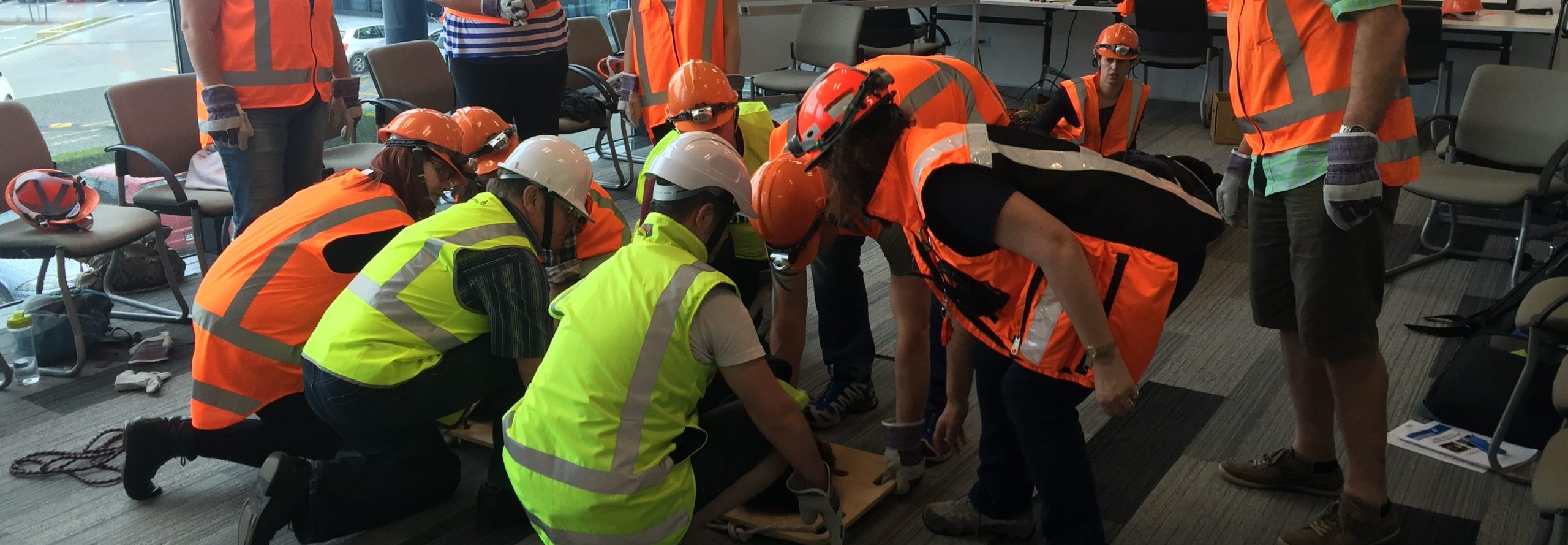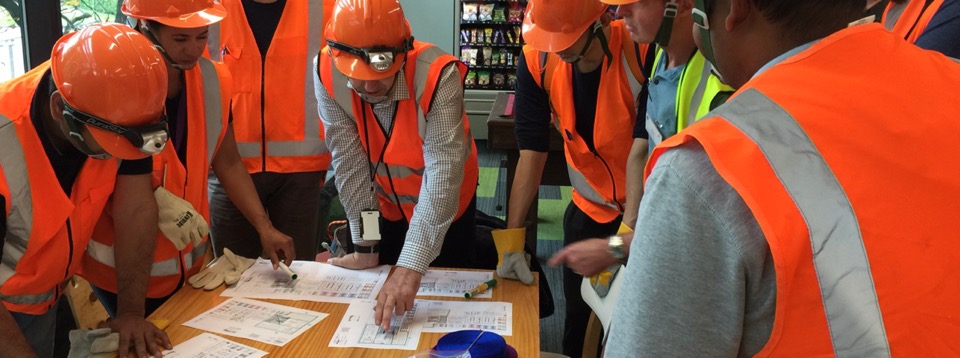After the November 2016 Kaikoura earthquakes, Mental Health NZ compiled a useful list of resources to help guide people through earthquakes and aftershocks.
Tips for coping after an earthquake
Mental Health Foundation (2016)
A short list of things to do that can make you and others feel better under exceptional circumstances. 
Take care of your children but don’t forget yourself
Mental Health Foundation (2016)
It’s not always possible to judge if or when children are scared or worried about things happening in their life They may be reluctant to talk about their fears or may not be aware of how they are being affected by the things happening to them and around them. Parents can look for clues as to how their child is reacting.
Earthquake stress information in different languages
Canterbury DHB (2011)
Following such immensely upsetting events, people understandably feel distressed. Read about common responses to an earthquake, coping mechanisms and reactions from children.
When the quakes go on and on
Skylight (2012)
Strategies for self-care when the after-shocks keep coming and nothing is certain.
Wellbeing for parents
Shaping Education (2013)
Supporting children through change in response to school change in Christchurch following the earthquakes.
Coping with stress and anxiety
Ministry of Health (2011)
Contains guidance for emergency response workers, health staff and volunteers on how to cope with stress and anxiety in an emergency situation.
When trauma and grief come to work
Skylight (2011)
A practical handbook for organisations, employers and managers to support staff, clients and customers after the Canterbury earthquakes.
All Right?
The All Right? campaign gets Cantabrians talking to their friends, family members, neighbours and colleagues about whether they’re really All Right in the wake of the earthquakes. There’s also a specific page for parents.
Credit to: https://www.mentalhealth.org.nz/earthquake-information/










